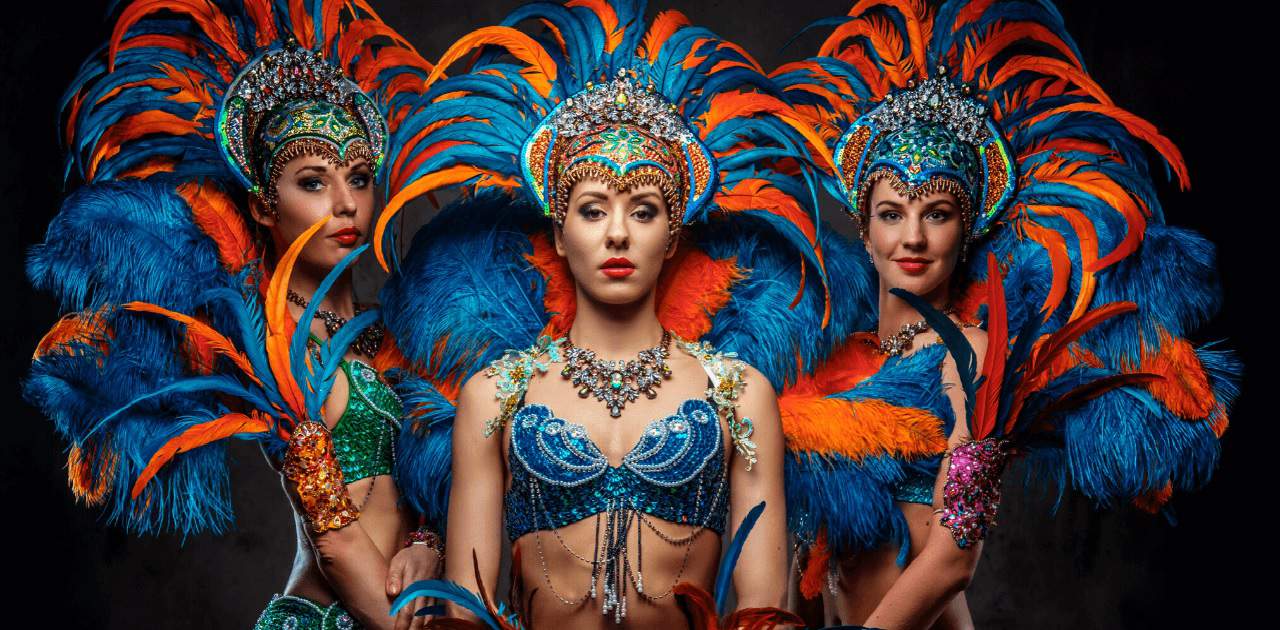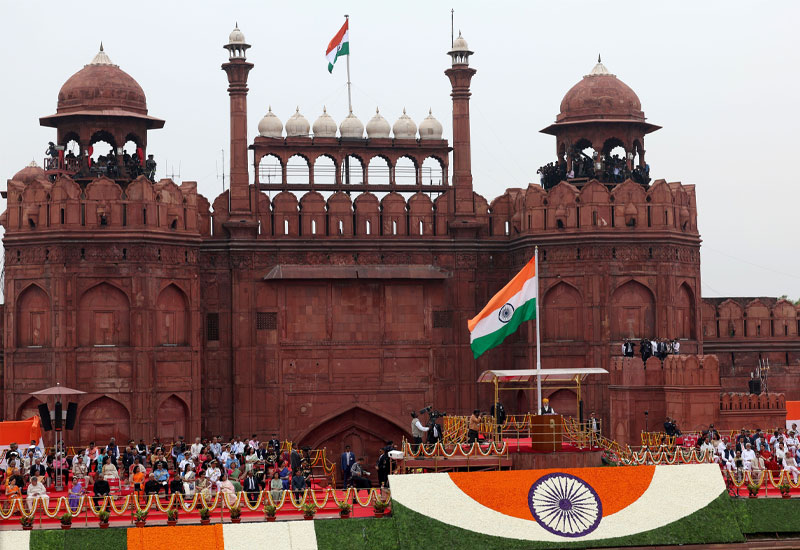Celebrating Liberty: The Significance of Freedom Festivals in Cultures Around the Globe

Freedom festivals are more than just events on the calendar; they represent a celebration of liberty, a testament to the indomitable human spirit, and a showcase of diverse cultural heritages. Across the globe, communities come together to celebrate freedom in various forms, each festival carrying its unique historical, social, and cultural significance.
Freedom festivals serve as reminders of the struggles our ancestors faced and the victories they achieved. These festivals often commemorate significant historical events, such as the abolition of slavery, the end of colonial rule, or the establishment of democratic governments. One such festival is Juneteenth, celebrated on the 19th of June in the United States, marking the emancipation of enslaved African Americans. The festival not only honors the end of slavery but also highlights the resilience and creativity of the African American community, showcasing art, music, and literature that reflect their unique heritage.
Beyond historical milestones, freedom festivals also emphasize the importance of unity and solidarity. People from diverse backgrounds, ethnicities, and religions come together to celebrate the shared values of liberty, equality, and justice. This unity in diversity is beautifully exemplified by festivals like Diwali in India, where people from various religious backgrounds join in the celebration of light triumphing over darkness. The festival signifies the victory of good over evil and knowledge over ignorance, fostering a sense of togetherness among communities that might otherwise have differences.
Moreover, freedom festivals are a testament to the cultural richness of our world. Each festival is a vibrant tapestry woven with traditional dances, music, art, and cuisine. For instance, Carnival in Brazil is a spectacular display of samba dance, colorful costumes, and lively music that showcases the country’s cultural diversity. Participants and spectators alike revel in the joyous atmosphere, appreciating the unique cultural expressions that make Brazil a melting pot of traditions.
These festivals also play a crucial role in preserving and promoting indigenous cultures. In countries like Canada, Australia, and New Zealand, indigenous communities celebrate festivals like National Aboriginal Day, NAIDOC Week, and Matariki, respectively. These festivals serve as platforms to showcase traditional ceremonies, storytelling, art, and rituals, allowing younger generations to connect with their roots and ensuring the preservation of their cultural heritage.
Additionally, freedom festivals often have economic implications, boosting tourism and local businesses. Travelers from around the world are drawn to these events, seeking to experience the unique blend of history, culture, and celebration. Local artisans, food vendors, and performers benefit from the influx of visitors, further enriching the cultural and economic fabric of the region.
In conclusion, freedom festivals are not merely events but powerful expressions of the human spirit. They remind us of our shared history, our collective struggles, and our ability to overcome adversity. These festivals foster unity, celebrate diversity, and promote cultural understanding, making them essential components of our global heritage. As we continue to celebrate liberty through these festivals, we reinforce the values of freedom, equality, and unity, ensuring that they remain alive and thriving for generations to come.
Freedom festivals are more than just events on the calendar; they represent a celebration of liberty, a testament to the indomitable human spirit, and a showcase of diverse cultural heritages. Across the globe, communities come together to celebrate freedom in various forms, each festival carrying its unique historical, social, and cultural significance. Freedom festivals serve…
Recent Posts
- Beyond Borders: Examining the Legacy of Freedom Fighters and Their Struggles for Justice and Equality
- Celebrating Liberty: The Significance of Freedom Festivals in Cultures Around the Globe
- Courageous Chronicles: Stories of Unsung Heroes and Freedom Fighters Who Changed the Course of History
- Revolutionary Acts: Exploring the Impact of Freedom Events on Societies Worldwide
- Unity in Diversity: A Deep Dive into International Freedom Festivals and Their Cultural Significance